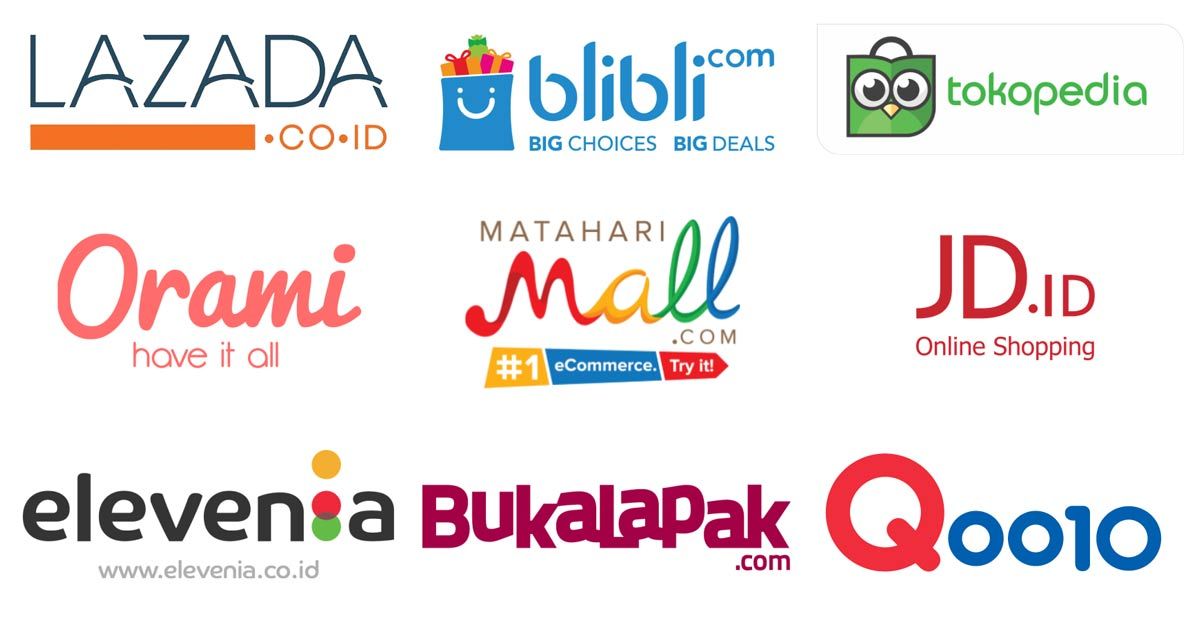Advantages of Marketplaces
- Ready-to-Use Traffic
Marketplaces have a massive user base. For instance, Shopee boasts millions of daily active users. This means you don’t have to worry about driving traffic; just upload your products and wait for buyers. - Built-In Promotions to Boost Sales
Programs like free shipping, cashback, and discounts make your products more appealing to customers. - Simple Management System
Marketplaces provide everything you need, from payment systems to shipping and customer reviews. It’s all pre-set and ready to go.
Disadvantages of Marketplaces
- High Fees
Marketplaces are convenient, but they charge commissions on every transaction. Shopee, for example, can take up to 5.5%-6.5%, depending on your product category. - Intense Competition
With thousands of sellers offering similar products, you need a solid strategy to stand out. - Limited Branding
Marketplaces are owned by third parties. While your shop name may be listed, your brand identity is often overshadowed by the platform itself.
- Are just starting out in online selling.
- Offer fast-moving products with competitive pricing.
- Want a quick way to reach many buyers without worrying about technical details.
Advantages of Lynk.id
- Easy Integration with Social Media
Lynk.id is designed to facilitate direct selling via Instagram, TikTok, or WhatsApp. Simply share the link with your followers, and they can shop instantly. - Low Transaction Fees
Compared to marketplaces, Lynk.id charges only 3%-5% per transaction, depending on the plan (free or premium). - User-Friendly Setup
You don’t need to learn coding or web design. Lynk.id provides ready-to-use templates and features.
Disadvantages of Lynk.id
- Promotions
Depend on You Unlike marketplaces, Lynk.id doesn’t have its own user base. You’ll need to actively promote your products to your audience. - Limited Features
Lynk.id is simpler compared to marketplaces or professional websites. For example, analytics and order management features are less comprehensive.
- Have a strong following on social media.
- Sell exclusive or custom products that suit direct selling.
- Want a quick solution without the hassle of building a website.
Advantages of Professional Business Websites
- Complete Control
From design to features, you have the freedom to make everything fit your vision and business needs. - Strong Branding
A website helps build a strong and unique brand identity. Customers will remember your business name, not just the platform. - Lower Transaction Fees
Unlike marketplaces, transaction fees on a professional website are often lower. For example, QRIS charges only 0.7% per transaction. - Flexible and Scalable
You can add features like loyalty programs, blogs, or even social media integration as your business grows.
Disadvantages of Professional Business Websites
- Requires Initial Investment
Building a website requires costs for hosting, domains, and development. But this is an investment that pays off as your business scales. - Traffic Doesn’t Come Automatically
You’ll need to actively promote your website through SEO, digital ads, or social media strategies to attract visitors.
- You’ve gained some experience in online selling and want to reduce marketplace commissions.
- You’re focused on building a long-term brand.
- You sell premium or custom products with high profit margins.









